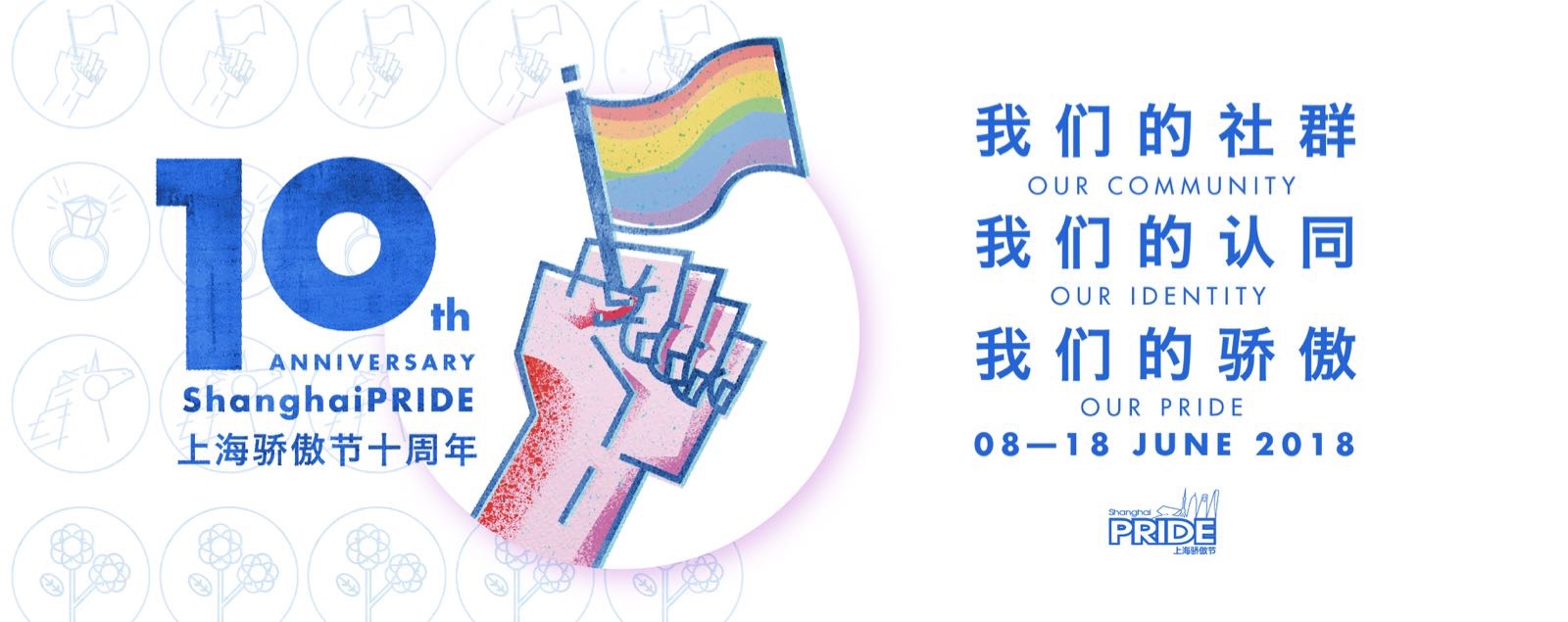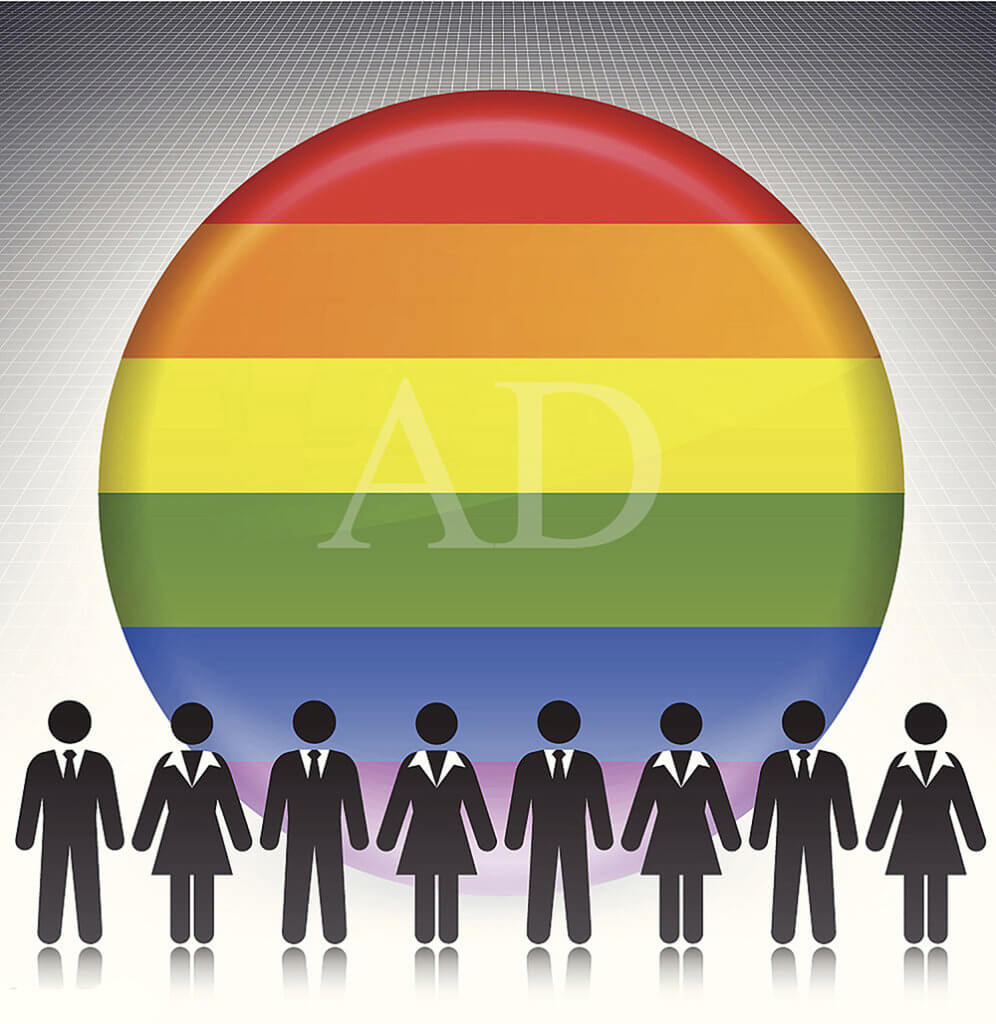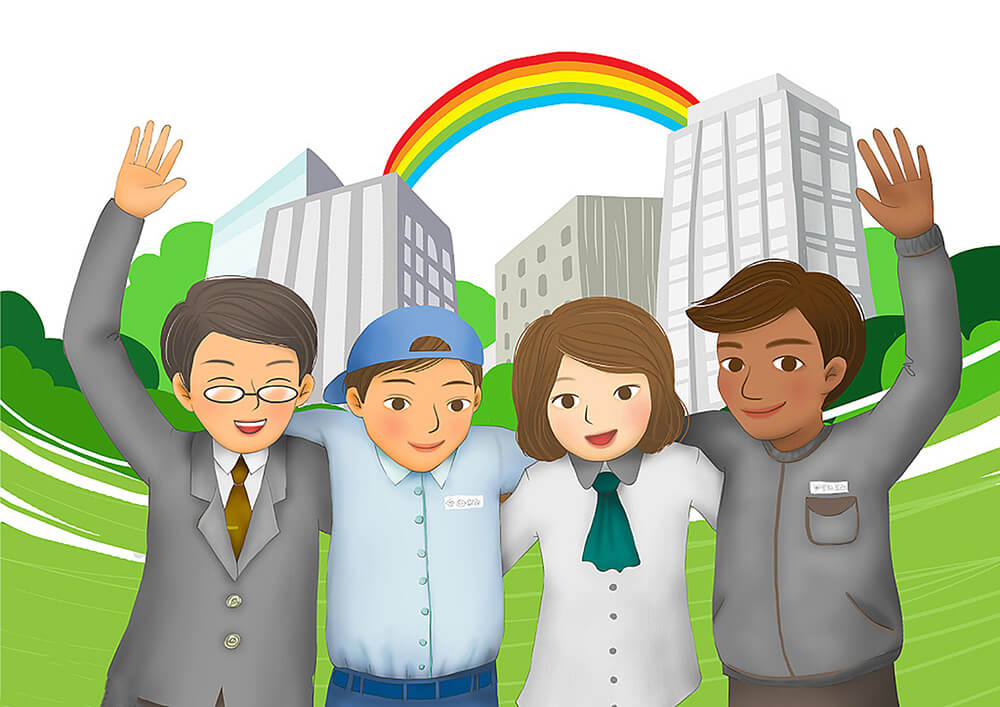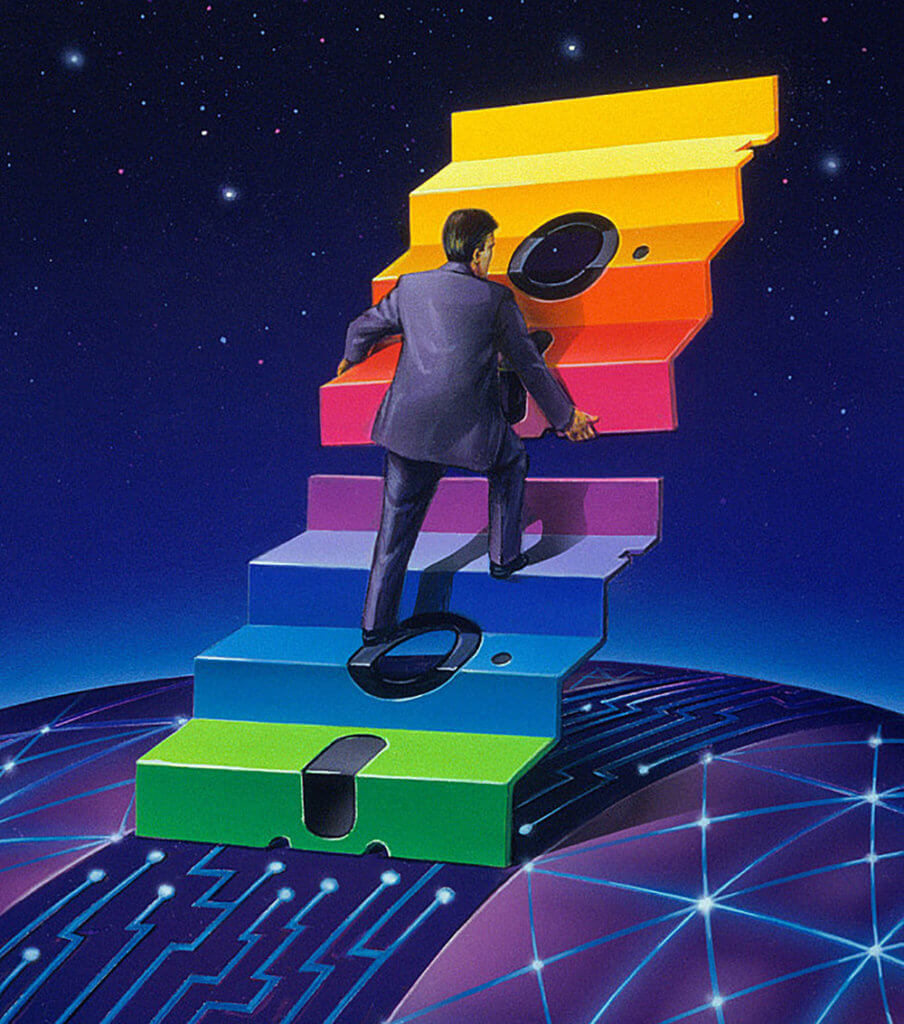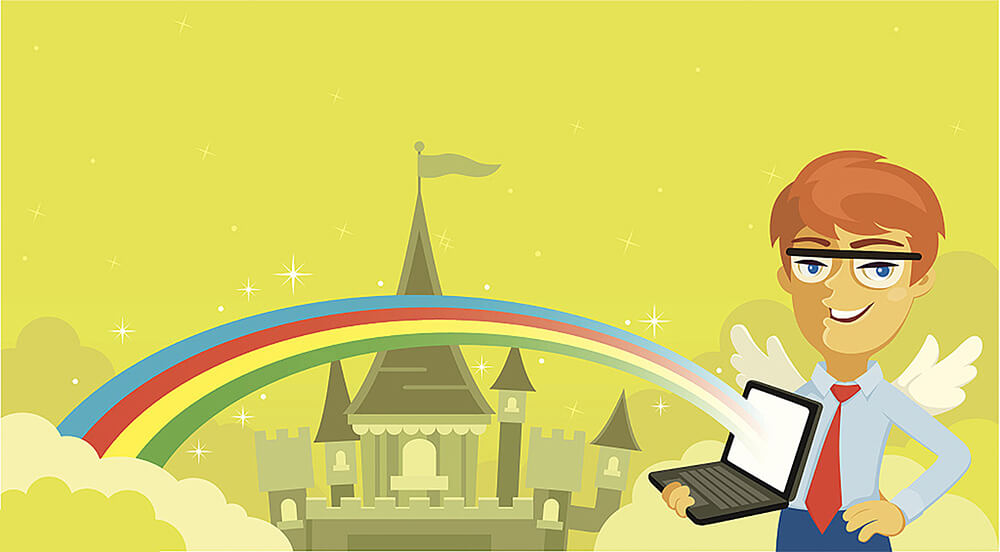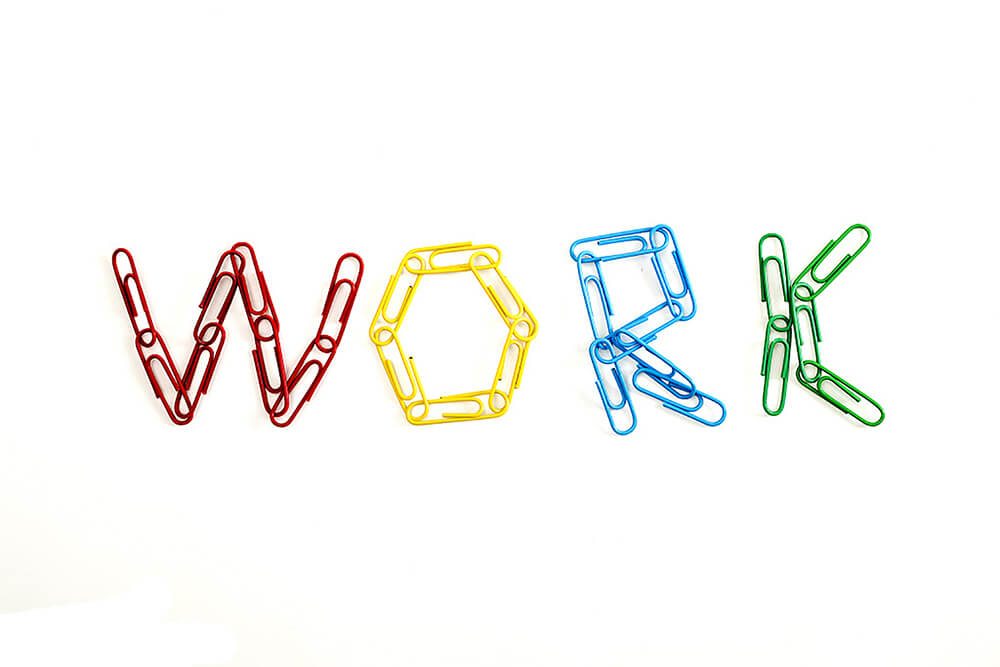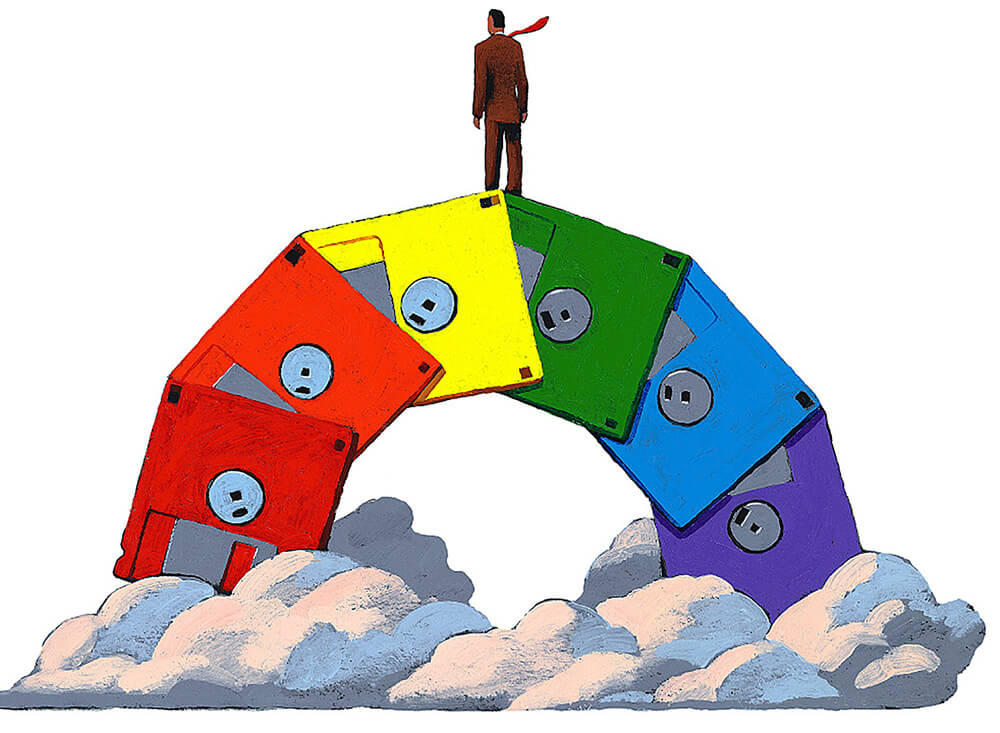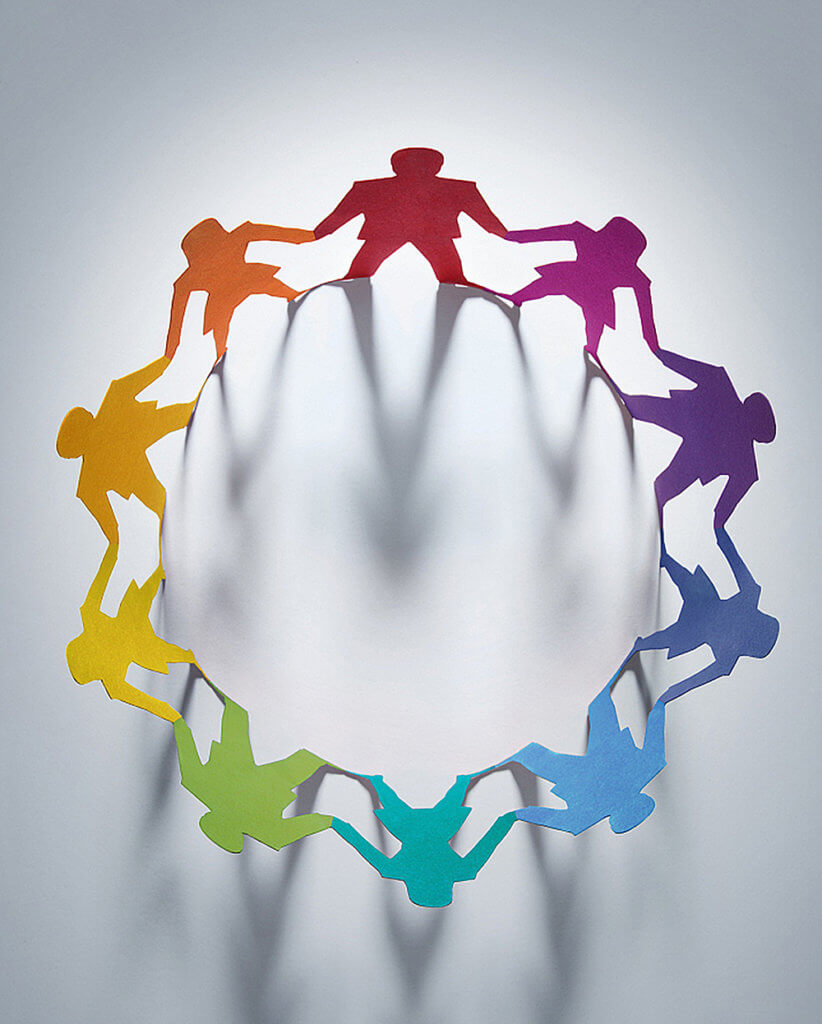How is the LGBTQ community doing at the workplace?
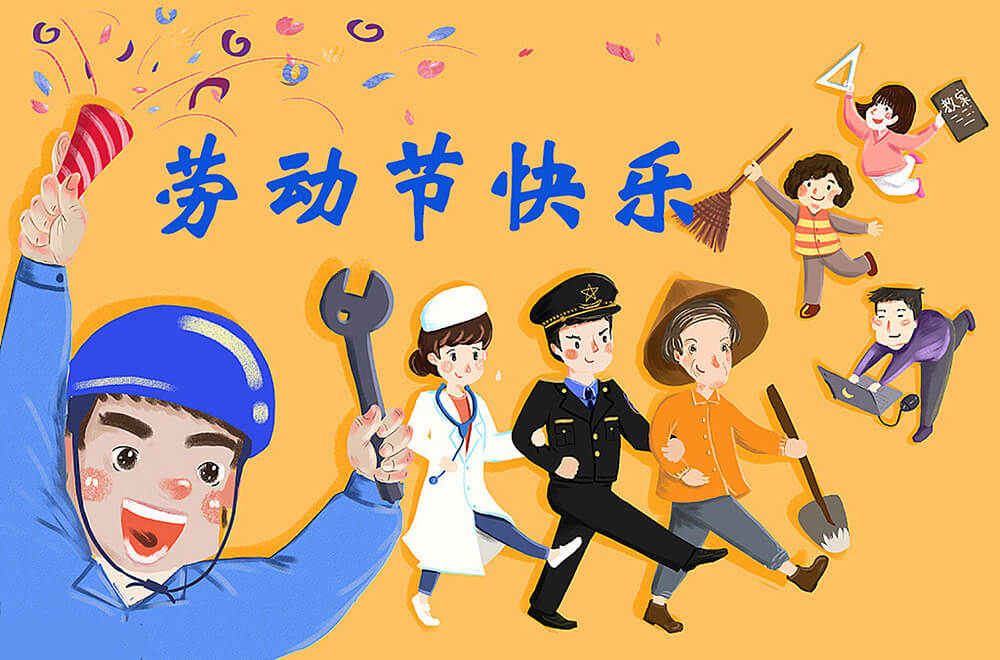
As Labour Day approaches, let’s talk about how are LGBTQ community from different industries doing at workplace? We asked LGBTQ from different industries and straight allies the following questions before this Labor Day Holiday.
By asking these questions, we want to know about how the LGBTQ community are doing in the work place. Do they have to hide their sexual orientation? Have they been treated fairly and nicely? How many people are using their power and working quietly to improve the living situation of the LGBTQ community?
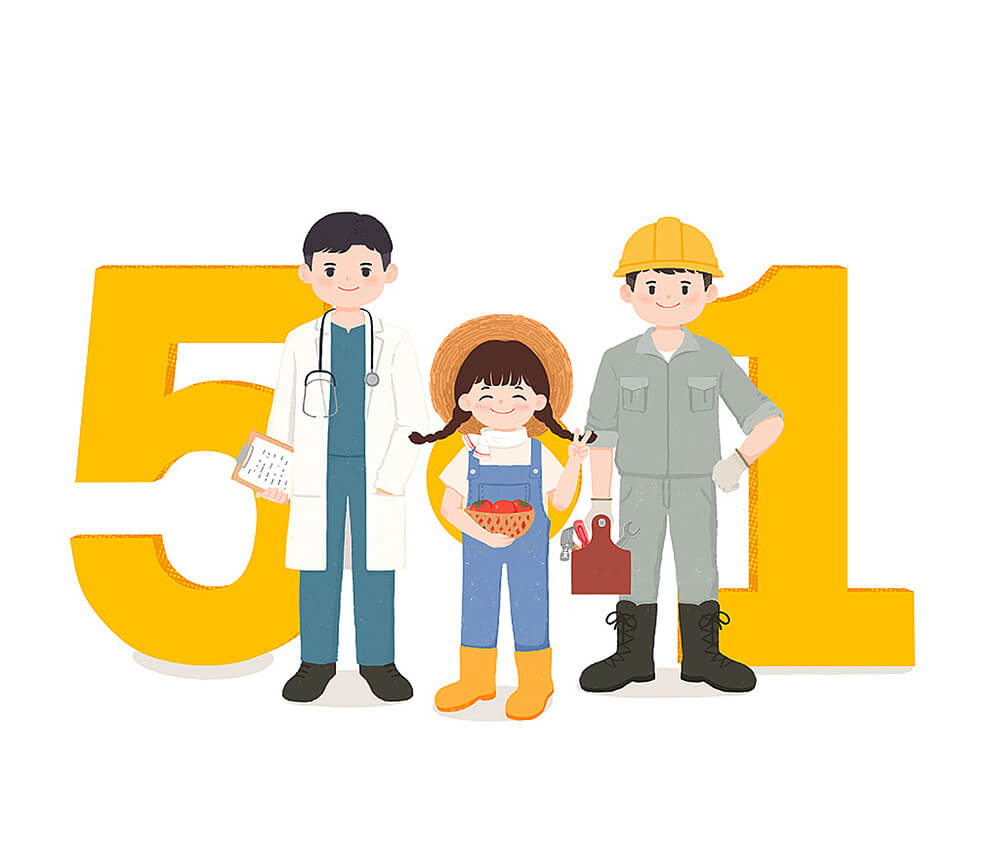
our questions
1. Do you have any co-workers who are LGBTQ? Have they come out in the work place?
2. Do you have any co-workers who are advocating the visibility and acceptance of LGBTQ during work?
3. What is the general opinion towards the LGBTQ community in your industry? In your opinion, what can your industry do for LGBTQ within the industry?
Here are some of the answers. These stories may not be consistent with your experience, but they are all true voices. Hopefully, after reading this article, I will give you a little touch and thought.
Lin Zhou, female, 25, Advertising, Worked for 3 years, Guangzhou
The advertising industry takes a “Don’t ask, Don’t tell, Don’t know” approach towards the LGBTQ community. There’s nothing to be done to support the LGBTQ community, but I feel that, compared to other industries, there is not as much discrimination against the community in advertising.
The creative department has always been the core of advertising, and creative production requires open minds and attitudes. Therefore, at least among those who work in this department that I have been in contact with, people are generally friendly with the LGBTQ community, and a significant number of them have overseas/fine arts backgrounds; as to people who work outside the creative department, I think they accept the LGBTQ community better than the average of the industry, but not very friendly.
I haven’t found any LGBTQ among my colleagues; heterosexuality is still the mainstream of the workplace, and getting married and having children are still the goal of many people. As a lesbian, I haven’t come out yet, and I will only consider coming out when people in the LGBTQ community receive equal legal protection as heterosexuals, public opinions stop oppressing, workplace ceases discriminating, and education leads an appropriate guidance; in China, I don’t think this will happen until another life time.
Because I haven’t come out yet, what I do in my job (for the LGBTQ community) is more of invisible promotion or at least avoiding discriminations. For instance, I may challenge the dictions or directions that are unfriendly to LGBTQ community when I review the articles, or positively suggest the brands to promote non-biased, LGBTQ-friendly advertisements. What this industry can do is to promote the brand and the right values at the same time, letting people know that the world is diverse and colorful.
An, Male, 28, working in education, 2 years of working experience, based in Shanghai.
I’m gay. I work in a university where there’re gay colleagues around me. We all hide ourselves very carefully and don’t want to come out easily. I worry that this identity will affect my interactions with the students and that colleagues or students would have a bad impression on me. This has something to do with the conventional moral expectation for teachers. The students, on the other hand, are more likely to come out and are more willing to accept themselves.
I’m not considering to come out at the moment because everyone in the university is very connected. At the same time, I’m not under any pressure since my colleagues don’t care too much if you’re single or not because there are lots of singles out there.
In the university, there are teachers doing LGBTQ-related researches and there are active LGBTQ clubs as well. The teachers, if not supportive, are at least neutral and objective when LGBTQ-related topics come up occasionally in classes.
The university is quite open towards the LGBTQ community. They offer venues and funding support. LGBTQ are not to be ignored as there are more and more students coming out. I hope LGBTQ events will go from underground to public to show our culture so as to raise awareness and influence. I also hope the university will pay more attention to the rising of HIV infection rate in campus in recent years. This is important and urgent that needs to be handled immediately.
Lisa, female, 27, 5 years working experience, Internet and tech, Beijing
I have some colleagues who are LGBTQ. While my workspace encourages people to respect the privacy of one another — including sexual orientation — we cannot contribute much to raising visibility of the LGBTQ community. In fact, because of the nature of our work, we have encountered various types of Internet users and found that societal tolerance and acceptance towards the LGBTQ community is far less than what we expected. In cases like these, our content team chooses to take a rather conservative stance—neither supporting nor rejecting.
In other words, the team does not openly show support. There’s an unwritten rule that we cannot show support to the LGBTQ community openly in case it affects users that are not tolerant and consequently affecting the product. As a result, the content team can only produce content associated with the internet phenomenon like “CP” (coupling), but it’s far away from the actual LGBTQ community. I feel bad about it but we have no choice.
Although my team is not doing anything, the company where I work has several projects that are about the lives of the LGBTQ community in China and even produced a TV show. After watching it, I was surprised and a bit envious. I hope the team working on this show can keep up the good work. I also want to join them if there’s an opportunity.
I hope that there would be more products that are more open-minded, that won’t intentionally avoid mentioning LGBTQ. If we start from one product, there will be more. Cultural products can lead to bigger discussions. Yet, this will only happen in the future.
Xiang Lizhi, male, 29, architecture design, 6 years working experience, Tianjin
My colleagues and I don’t belong in the LGBTQ community. In my company, this community is invisible. No one ever mentions it.
I don’t feel that there’s any sense of tolerance towards the LGBTQ community within the company. There are even a few who are homophobic. I’m working for a state-owned corporation in a traditional industry, so communications are always about the Party and politics. Anything related to the LGBTQ community is never mentioned. Personally, I don’t think any member of the LGBTQ community will be coming out in such an oppressive environment.
But I have a few friends who are LGBTQ that I met outside work, and they are all great people. What I can do in my company is to speak up for LGBTQ and use my friends as examples showing that LGBTQ is not different from us in any way, and sometimes they’re even better than us.
I think it’s already good enough if the society becomes aware of the existence of the LGBTQ community and stops avoiding LGBTQ related topics. The status quo is that LGBTQ is ignored as if they don’t even exist. Even if someone has the desire to come out, there is no appropriate environment allowing them to do so. As for what my industry can do for LGBTQ, I don’t have any idea as I’m not a member of the LGBTQ community so I can’t really understand or speak for what they need the most.
Evie, Female, 30, Automobile, Worked for 5 years, Shanghai
I haven’t come out yet. There are only a few people in my company who are semi-publicly gay. Those who have come out are accepted in some environments, while being discriminated in others. I will consider coming out when my company develops anti-discrimination policies and advocates for diversity. When it comes to gender-related topics, what I often do is stressing gender equality and refusing to stereotype other people in order to gradually change people’s opinions on the LGBTQ community.
This is the manufacturing industry; the difference between individuals is marginal, whereas the difference between genders is significant. For example, there are more women in the logistics departments while more men on the frontier. Many staff are local; marriage and family stability are widely promoted, therefore, the discussion of diverse gender identities is almost non-existent. In most automobile companies, even the topic about women is at its early stage, let alone that of LGBTQ.
I am looking forward to my company promoting the discussion of female identities, like She’s Mercedes of Mercedes-Benz, or LWT of General Motor that encourages female leaders to improve female worker’s working environment by “top-down” revolutions; when it comes to sexual minorities, I hope that my company will provide more objective information; and I wish importing companies and joint-venture companies in this industry can introduce the human resource systems and terms of foreign capitals.
Tou Sha Bao, Male, 30, F&B, 5 years of working experience, based in Shanghai
I’m gay. I’m out to my colleagues in my shop because I want to live authentically. My colleagues view me as an accountable partner at work and a nice person, and they don’t see how I’m any different from them so they’re accepting of who I am. A senior colleague once voiced his concerns; at the beginning I thought he was homophobic, but later I found out he was interested in this topic and simply wanted to discuss more with us.
I think we LGBTQ need to be better versions of ourselves first, like being better at our jobs, having better lifestyles, and speaking in a better manner, so people will perceive us positively regardless of our sexual orientation. I also hope for the leaders in our industry to react positively towards their staff’s sexual orientation and be more understanding when their staff comes out, it’s an act of honesty and courage after all.
Su Yuan, Female, 22, medical sector, 1 year of working experience, based in Beijing
I’m working in the medical sector. Occasionally, I hear doctors mentioning LGBTQ, and while they don’t dislike them, they don’t particularly care about them either. This could be because their consideration of LGBTQ is only limited to the high proportion of diseases from them (rate of HIV infection is the highest among male homosexuals).
I’m not out yet, but some of my colleagues already knew. We speak naturally when we talk about relationships, and they also genuinely care about me.I think what the medical sector can do to help LGBTQ community is by offering mental health and sexual health education.
I wonder if you have the same feeling and experience as above, maybe you have been in a greenhouse of tolerance, perhaps you are always full of strange eyes, no matter what, please do not complain, keep an optimistic heart, do what you should do, one small step for everyone is a giant leap for mankind. If you have any good suggestions for improving the living conditions of LGBTQ groups in the workplace, please remember to tell us in the comments section.
(All of pictures above are from website)
Change starts with voicing out and listening.

